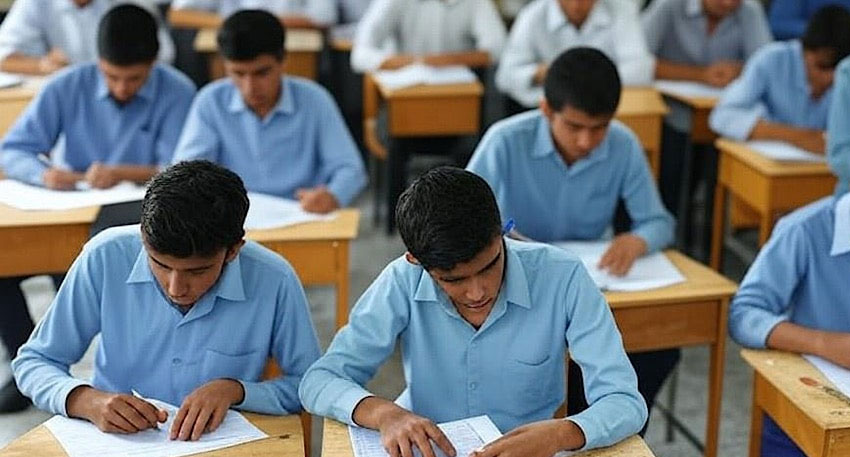
The remaining employees were only recently told that the company was completely winding down its local presence, leaving many shocked and heartbroken.
Company’s founding Country Manager Jawwad Rehman described this decision as the “end of an era”. Rehman, who led Microsoft’s efforts in Pakistan for seven years, passionately built a local team, strengthened customer connections, and helped expand the nation’s digital infrastructure.
“It wasn’t just a job—it was a calling,” Rehman expressed emotionally. “Those years were about uplifting people, forming partnerships, earning trust, and creating opportunity for a generation of Pakistani youth.”
Throughout its time in Pakistan, Microsoft played a major role in empowering communities by building hundreds of computer labs in far-flung, underserved regions. These labs brought technology and hope to students who had never even seen a computer before.
Microsoft’s unexpected departure comes at a time when Pakistan is already facing rising economic instability and a widening digital divide. Once seen as a promising hub for global tech investment, Pakistan is now witnessing major firms pulling back or rethinking their commitments.
Read more: Apple faces US smartphone monopoly case – Will it crack its grip on iPhones?
Interestingly, Microsoft had even planned to expand in Pakistan in 2022. However, due to sudden political chaos, the company shifted its expansion plans to Vietnam, dealing a heavy blow to Pakistan’s dream of becoming a tech-driven nation.
Microsoft’s exit serves as a wake-up call for Pakistan’s policymakers and the local tech ecosystem. Losing a giant like Microsoft not only hurts the country’s global image but also risks widening the already dangerous gap in digital access and skills. If immediate reforms and stability measures are not introduced, other foreign investors might follow the same path, further slowing down the country s technological and economic growth.



